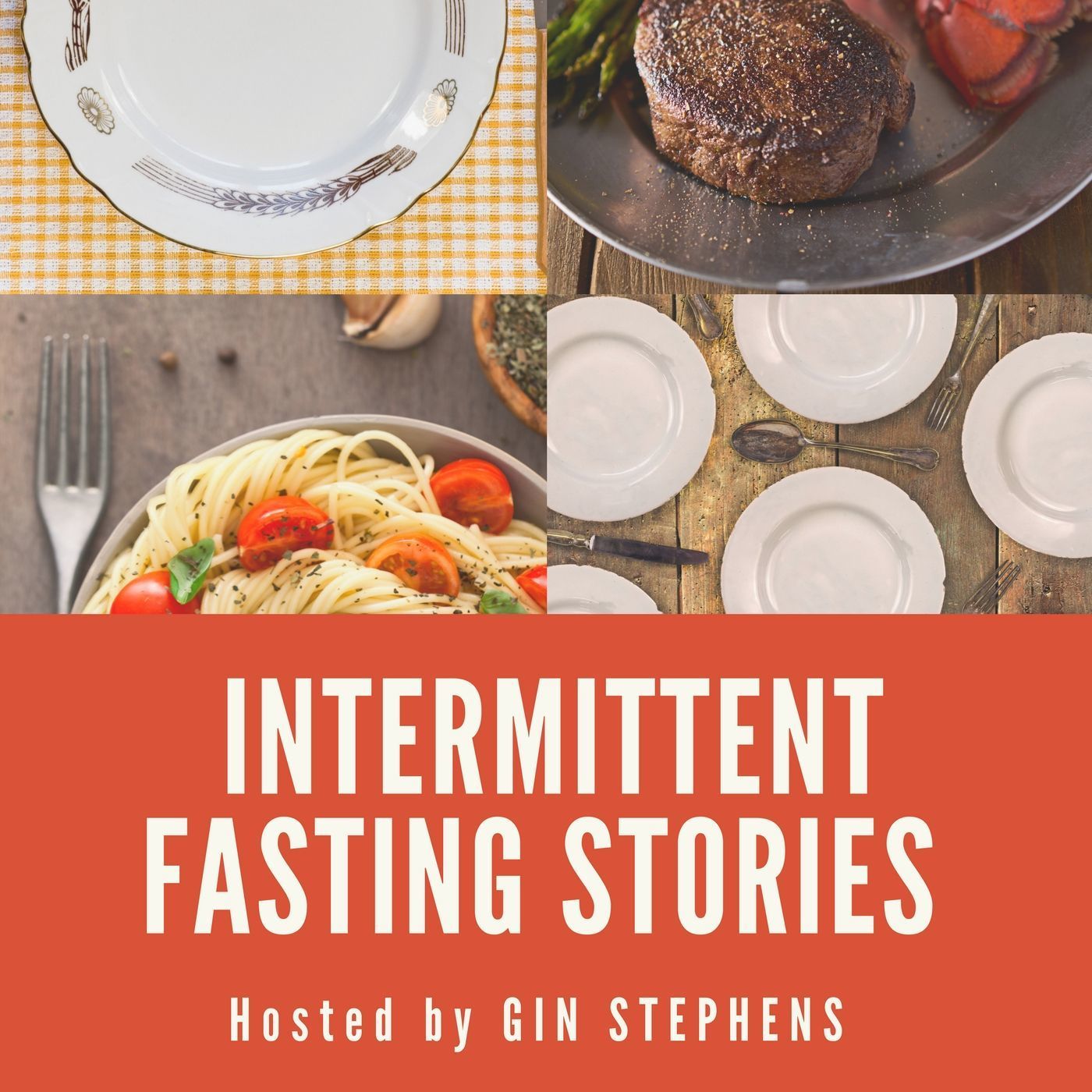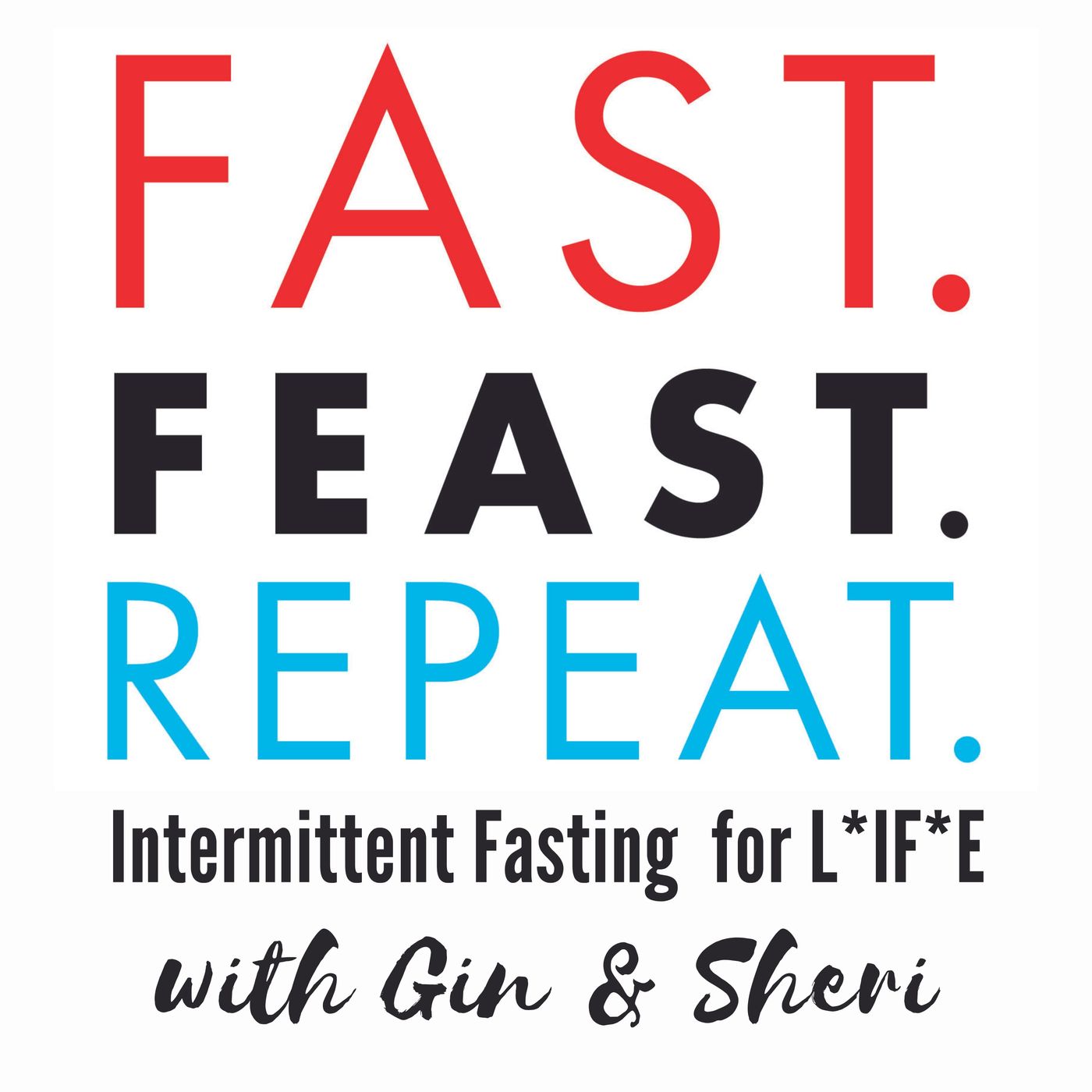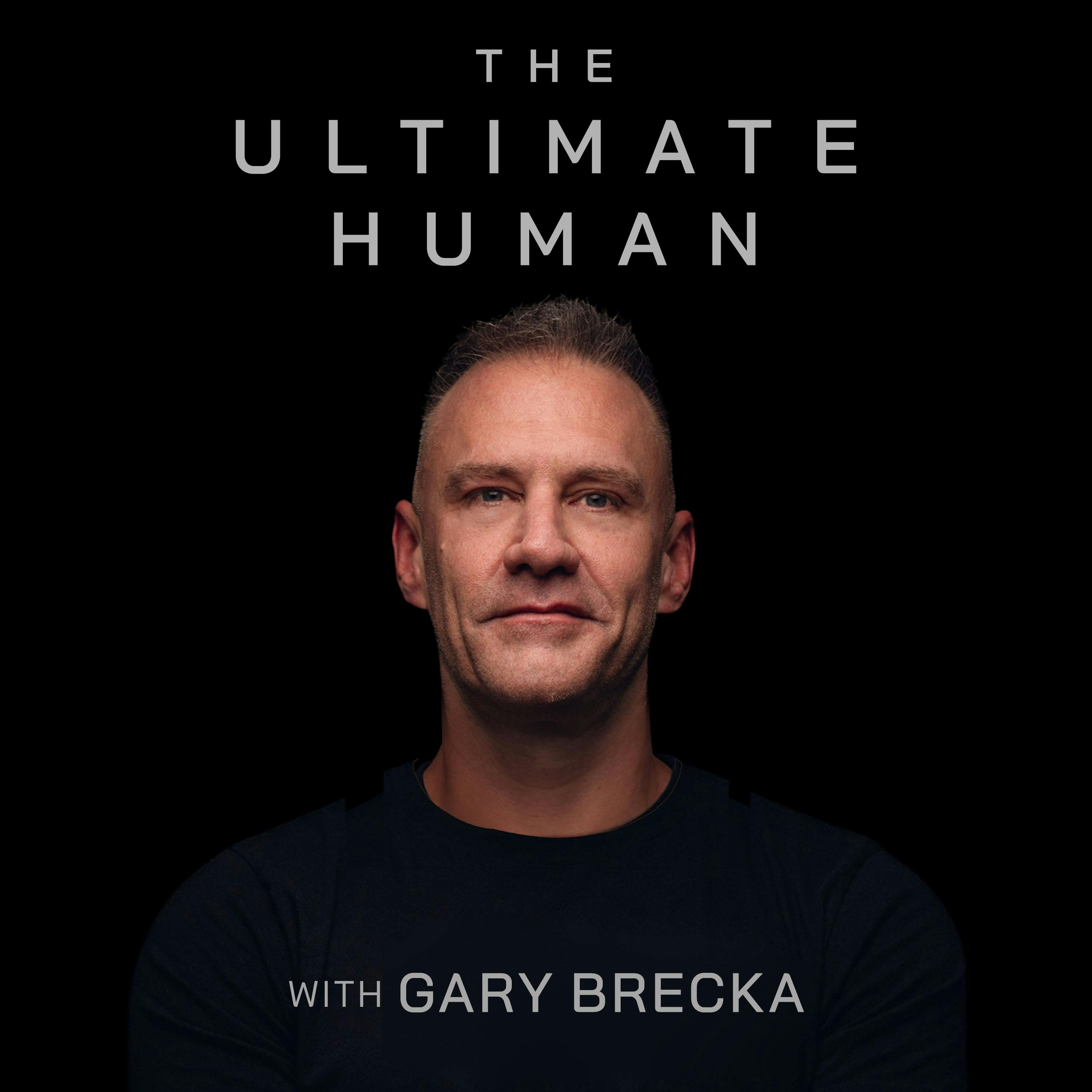
Hormone Heroes
Testimonials from real people who have experienced bio-identical hormone therapy. Men and women share the symptoms they have experienced and the difference proper hormone replacement has made. Men discuss the advantages of testosterone and women discuss the benefits of estrogen, progesterone, and testosterone therapy. The roles of thyroid, adrenal health, insulin resistance, intermittent fasting, and micronutrients are also discussed.
Hormone Heroes
Finding the Fountain of Youth: Kevin Hopkins' Journey with Hormone Therapy
Could hormone therapy be the key to unlocking a more youthful, energetic you? We're thrilled to have Kevin Hopkins, a 58-year-old medical sales professional from Hot Springs, Arkansas, on this episode of Hormone Heroes. Kevin shares his transformative journey with hormone therapy, starting from the troubling symptoms he noticed at age 42, like chronic fatigue, loss of interest in hobbies, and low energy. His personal challenges culminated in seeking testosterone replacement therapy after a divorce. Kevin opens up about his experiences with injection therapy, the ups and downs, including the "roller coaster" effect, and the physical side effects like ankle swelling. Eventually, he found solace in testosterone pellet therapy, which brought consistent energy, mental clarity, improved body composition, and a renewed zest for life.
Additionally, we delve into the broader benefits of hormone replacement therapy and how it can be further enhanced with peptide therapy, proper nutrition, adequate rest, and regular exercise. Kevin describes hormone therapy as the closest thing to the fountain of youth he’s ever found, attributing it to significant improvements in his quality of life. Whether you're struggling with hormone deficiency symptoms or just curious about the potential benefits, this insightful conversation with Kevin is packed with actionable advice and personal anecdotes. Be sure to check out the show notes for additional resources, and don’t forget to subscribe, leave a rating, and reach out if you need assistance finding a practitioner.
Welcome to Hormone Heroes, where I share testimonials from real people who have experienced bioidentical hormone therapy. Men and women share the symptoms they have experienced and the difference proper hormone replacement has made. I'm your host, dr Kelly Hopkins, and I have been in the functional medicine space for over 30 years years, with a focus on hormones for 20 years. Please keep in mind this podcast is for educational and entertainment purposes only. Please consult with your physician or practitioner for medical advice. Let's get started with today's guest. With me today is Kevin Hopkins. Kevin is a 58-year-old male, he is in medical sales and he lives in Hot Springs, arkansas. Welcome, kevin.
Speaker 2:Good morning.
Speaker 1:So I like to start by asking when you started noticing symptoms of hormone deficiency, and what were they?
Speaker 2:Good question. Best I recall is about 42 years of age and it was an experience. The thing that comes to my mind first is I lost an interest in some of the things that I enjoyed in the past hunting, fishing, anything outdoors. A lot of it was energy related, because I just didn't have the energy to do those things any longer. It seemed like professionally, I was very busy at the time, so 70 hours a week plus, and then on the weekends it seemed like I was in a mode which I think a lot of men do this. They were in a mode of, okay, I'm going to rest and get every drop of energy and rest I can over the weekend so I can go back and do it next week for my family and myself, which is not a great place to be.
Speaker 1:So a lot of it was fatigue is what I'm hearing you say.
Speaker 2:Yes, and a hallmark sign of hormone depletion also is losing interest in the things that interested you in the past.
Speaker 1:Gotcha, okay. So you're 42, and what drove you to seek out help?
Speaker 2:At that moment I did not Just continued the same strategy moving forward and ultimately I ended up in divorce court. And I guess at that time you know when things happen to you in life that jar you awake and then you're definitely more open minded to things. So I had heard some radio advertisements about testosterone replacement therapy, so it just felt natural to go talk to him, at least.
Speaker 1:So getting a divorce and knowing you needed some energy and a renewed interest in personal things you used to like to do was a big piece to do was a big piece. And then you heard radio advertisements that were probably. People were talking about how great they felt and the difference it made in their life and things like that, I'm assuming, correct.
Speaker 2:True, I think we all subconsciously old messages, you know, sometimes advertising. It's in the back of our mind and then something awakens us to go hey, I need to go check that out. Sure, some questions.
Speaker 1:So what type of hormone therapy did you try?
Speaker 2:I did injection therapy for a brief moment.
Speaker 1:And how did that work for you?
Speaker 2:It did work well. Also, I was working out a lot. I was losing weight. We jokingly call that the divorce diet that I was on so I was probably down to just over 200 pounds, which is pretty light for me and pretty lean for me, and definitely the combination of all of those things made me feel great. But I just remember feeling pretty amazing. So, can you be more specific about the benefits you felt or noticed? Can I answer the question?
Speaker 1:the benefits that I feel today.
Speaker 2:Sure, okay. So for me, my male perspective on I do testosterone pellet therapy and I love it and here's what I get out of it. So all of the little aches and pains in my body I've got a lower back injury, knees are 58 years old with a few miles on them All of those little aches and pains go away when I'm on the therapy. I definitely get a better body composition. So I know I would be more fluffy in the midsection if I were not a testosterone replacement patient Quality libido, quality erection and also just capacity for exercise, meaning I have the drive and the desire to do it and the capacity to get through an exercise regimen.
Speaker 2:Sure A couple more, just a pretty sharp mental capacity where I recognized some people call it brain fog just where you sit and think about a problem and you can't resolve the problem as quick as you could in the past Because that is an energy thing. The brain takes so much energy in our body. I think it consumes at least 20% of the calories we put in our body, so a bunch of it relates back to energy. And also it gave me long-term physical energy throughout the day, not so much caffeine or Red Bull energy, it was just more sustained energy throughout the day to do the things that I needed to do and wanted to do in life.
Speaker 1:Sure Description yeah, how about moods? Does it have an effect on your moods?
Speaker 2:Absolutely. If anybody is dealing with any bit of depression or anxiety, it completely washes away, and I have dealt with a little tiny touch of both historically.
Speaker 1:OK, so are there any side effects, Like even when you were doing injections in your 40s? Is there anything you can testify to?
Speaker 2:Me personally on the injections. Maybe I had a little bit of what they call a roller coaster ride. So you get your injection two days later your levels are really high, you feel really great. Then you peak and you're coming back down and you don't feel so great. So that can make a person a little bit cranky. So that can make a person a little bit cranky, and also me personally. I had some swelling, some edema in my ankles, which surprised me a bit. But when I flipped over and started doing testosterone pellet therapy, that completely went away.
Speaker 1:Okay, interesting. So were you getting an injection once a week, twice a week, once a week, once a week, twice a week, once a week.
Speaker 2:Once a week. Okay, yeah, and they started me off with maybe 200 milligrams per week and they were starting to titrate me down. I was like, no, I don't want that.
Speaker 1:So what made you switch over to pellets?
Speaker 2:I'm being perfectly honest. I had a girlfriend at the time that convinced me to make the change. So I made the change and really haven't looked back.
Speaker 1:So how often do you have to get pellets? How long do they last for you?
Speaker 2:That's a great question. Me personally, I'm about every four and a half months. Okay, Maybe at the four-month mark I start feeling a little bit draggy. Maybe some of those aches and pains in my body are starting to return. Maybe my mental focus is not what it would be in the past and so those are just telltale signs that, hey, it's time to get back and get another dose.
Speaker 1:How do you find the procedure? Is it painful?
Speaker 2:I've done it for 11 years now, so that correlates into probably 30 procedures and very easy.
Speaker 1:You're numb.
Speaker 2:Yeah, they do a nice local anesthetic block. Local anesthetic block there's probably 10 to 12 cc's of lidocaine and Baccarab that are used to do the local block. Then there's a tiny little incision and then just being patient with the trocar, it's really easy. I have no bruising, it's great.
Speaker 1:So where do they inject the pellets?
Speaker 2:Typically it's in the fatty tissue of the hip. My situation was a little bit different. I have a little more real estate around the midsection right here, so I like to get mine in the belly and we flip back and forth from side to side. Okay, and it works great for me. And alternate place is also the flank. If you have a considerable amount of flesh right there, you can go on the flank as well, but for me definitely the belly is the place to go.
Speaker 1:Okay, so in a nutshell, kevin, how has it changed your life to do testosterone therapy?
Speaker 2:The first thought that comes to my mind is I'm 58 years old, pushing on 59. I still have a lot of life to live and that includes things that I want to do and things that I need to do in the future. So for me, I can't be in a position where I'm reaching for the rocking chair slowing things down. Where I'm reaching for the rocking chair, slowing things down, I have to maintain my energy, my sharpness, my mental well-being Phenomenal. So I guess that's kind of a summary.
Speaker 1:That's awesome. So the name of the podcast is Hormone Heroes, and is there anything, as a hormone hero yourself, that you would like to say to our audience?
Speaker 2:Yeah, I'm going to. This is a little bit of a diversion off the path of kind of what we discussed, but I think this is so important is this makes me hormone replacement therapy, particularly by testosterone pellets. By testosterone pellets it makes me a better employee, a better husband, a better father. No-transcript. And also another thing is there is something about for couples that are aging that need hormone replacement therapy. When you're on the same page meaning hormone optimization there is a connection, there is plenty of energy for the other person and that could be any piece of life. It could be that personal relationship or financial energy to do things. It just makes a couple work much better.
Speaker 1:I agree yeah.
Speaker 2:Yeah, and the connection, physical, obviously for men and women, but then the emotional piece everybody gets. What they need is the way to say it. I guess you could.
Speaker 1:Yeah, I think female hormone balance is key and integral to maintaining a good relationship with your partner. Females will lose. You know. Our testosterone levels dip between the ages of 20 and 40. So a lot of people don't think of testosterone being a female hormone, but it very much is. We make 10 times more testosterone than we do estrogen. So to get that replaced, you know, really helps us maintain a physical relationship with our partners. So I totally agree.
Speaker 2:That's a great statement that you made. The amount of testosterone in a woman versus estrogen is 10 times the amount when you look at it, but then to our health care providers to completely ignore. That is I use the word laughable. To me it's at least as critical as estrogen for a woman and progesterone balanced in as well.
Speaker 1:Yeah, so is there anything you have to do on testosterone therapy to maintain correct hematocrit levels or anything like that?
Speaker 2:Great question About. Twice a year I personally go do what's called a double red cell donation. Some of the companies that collect blood units they call them a power red or something like that. You're connected to a machine but it's all self-contained. They pull the whole blood out of your arm, they put it in a machine that's basically a centrifuge, and they spin the red cells out and they put back in the plasma and a little bit of saline as well. So at one sitting I'm pulling off two units of red blood cells, which can reduce my hematocrit level typically between five and six percent. So twice a year I have to go donate blood, which is beneficial for me. It's beneficial for patients that need those transfusions and the thing that I tell people is you're also getting a fresh rush of new red blood cells that your marrow has produced. A red blood cell lives 120 days plus or minus, and when we produce fresh red cells they go to our peripheral circulation. They carry oxygen and waste and carbon dioxide much better than a red cell that's 100, 110 days old.
Speaker 1:Wonderful. Well, you are extremely knowledgeable in the laboratory world. Is that your profession?
Speaker 2:I am in the clinical diagnostics space, but also some people, and myself included. When they study about their health, they like a sponge, they want to know everything. I am pretty much that person.
Speaker 1:Well, anything else, Kevin, before we let you go.
Speaker 2:I will make this statement. So me personally, this is the closest thing to the fountain of youth that I have found Other things out there that are beneficial, that can be a step above hormone replacement therapy peptide therapy, quality food is essential, good rest, nominal exercise. There's other things that you can put on top of hormone replacement therapy to get an enhancement in the way you feel, but it is on its own. It's the closest thing to the value.
Speaker 1:That's a very, very powerful statement. Well, thank you for sharing your story with us. If anyone in our audience would like to find anything we've mentioned, it will be in the show notes and join us next time when we meet our next hormone hero.
Speaker 2:Thank you, kevin thank you so much. I enjoyed our business.
Speaker 1:thanks for listening to Hormone Heroes. Take a moment to subscribe wherever you listen to podcasts so that you don't miss the next episode. While you are there, help us spread the word by leaving a rating and a review. If you need help finding a practitioner in your area, just email us at drkellyathormoneheroesorg. That's D-R-K-E-L-L-Y at H-O-R-M-O-N-E-H-E-R-O-E-S dot org. Bye, thank you.
Podcasts we love
Check out these other fine podcasts recommended by us, not an algorithm.

Intermittent Fasting Stories
Gin Stephens
Fast. Feast. Repeat. Intermittent Fasting For Life
Gin Stephens and Sheri Bullock
The Ultimate Human with Gary Brecka
Gary Brecka
The Energy Blueprint Podcast
Ari Whitten
The Dr. Hyman Show
Dr. Mark Hyman
